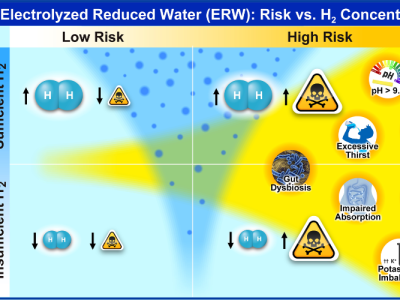Eating for energy is a practice that can help you to increase your vitality and productivity. Eating the right types of food can provide you with the energy you need to make it through your day while avoiding the crash that comes from unhealthy eating habits. In this article, we’ll look at what eating for energy is, the different types of foods you should be eating for more energy, how to create healthy meal plans, debunking food myths about eating for energy, the benefits of eating for energy, why sleep is crucial for eating for energy, and the impact of stress on eating for energy.
What Is Eating for Energy?
Eating for energy is about understanding which foods will provide your body with the most energy. It is about choosing foods that provide sustained energy and avoiding foods that will cause your energy to crash. Eating for energy is about consuming the right combination of carbs, proteins, and healthy fats. It’s also about eating the right amount of food at the right time. Eating the right types of food can give you the energy you need to stay productive and focused throughout the day.
Different Types of Foods to Eat for More Energy
The types of food you eat can make a huge difference in your energy levels. Eating too much or too little of certain foods can cause your energy levels to crash. The best types of food to eat for energy are complex carbohydrates, lean proteins, and healthy fats. Complex carbohydrates are found in whole grains, fruits, and vegetables. They provide your body with sustained energy. Lean proteins like fish, poultry, and eggs can help to keep your energy levels up and your appetite in check. Healthy fats, such as olive oil and avocados, provide your body with essential nutrients and help to keep you full for longer.
How to Create Healthy Meal Plans
Creating healthy meal plans can help you to ensure that you are eating the right foods for energy. Start by making a list of the foods you want to eat and the meals you want to make. Make sure to include a variety of complex carbohydrates, lean proteins, and healthy fats. You can also include snacks throughout the day to help keep your energy levels up. When planning your meals, be sure to include a variety of colors and textures to ensure that you are getting all the nutrients you need.
Debunking Food Myths About Eating for Energy
There are many food myths out there when it comes to eating for energy. One of the most common myths is that eating more protein will increase your energy levels. While protein is essential for muscle growth and repair, it is not the only nutrient that can provide you with energy. Eating a balanced diet of complex carbohydrates, lean proteins, and healthy fats is the best way to ensure that you are getting the energy you need.
The Benefits of Eating for Energy
Eating for energy can provide you with many benefits. Eating the right types of foods can help to keep your energy levels up throughout the day, while also helping to keep your weight in check. Eating for energy can also help to improve your mental clarity and focus. Eating the right types of food can also help to reduce stress and anxiety while providing you with the nutrients you need to stay healthy.
Why Is Sleep Crucial for Energy?
Sleep is essential for eating for energy. When you don’t get enough sleep, your body doesn’t have the time it needs to recover and recharge. This can lead to fatigue, which can make it harder for you to focus and stay productive. Getting enough sleep is also essential for keeping your appetite in check. When you don’t get enough sleep, your body produces more of the hormone ghrelin, which can make you feel hungrier than you actually are.
The Impact of Stress on Energy
Stress can have a major impact on your energy levels. When you are stressed, your body releases the hormone cortisol, which can lead to a decrease in energy levels. Stress can also lead to unhealthy eating habits, such as overeating or skipping meals. It’s important to take time to relax and manage your stress levels so that you can maintain your energy levels.
Conclusion
Eating for energy can be an effective way to increase your vitality and productivity. Eating the right types of food can provide you with sustained energy throughout the day, while avoiding the crash that comes from unhealthy eating habits. It’s important to include a variety of complex carbohydrates, lean proteins, and healthy fats in your diet, and to ensure that you are getting enough sleep and managing your stress levels. By following these guidelines, you can ensure that you have the energy you need to make it through your day.

















Comments